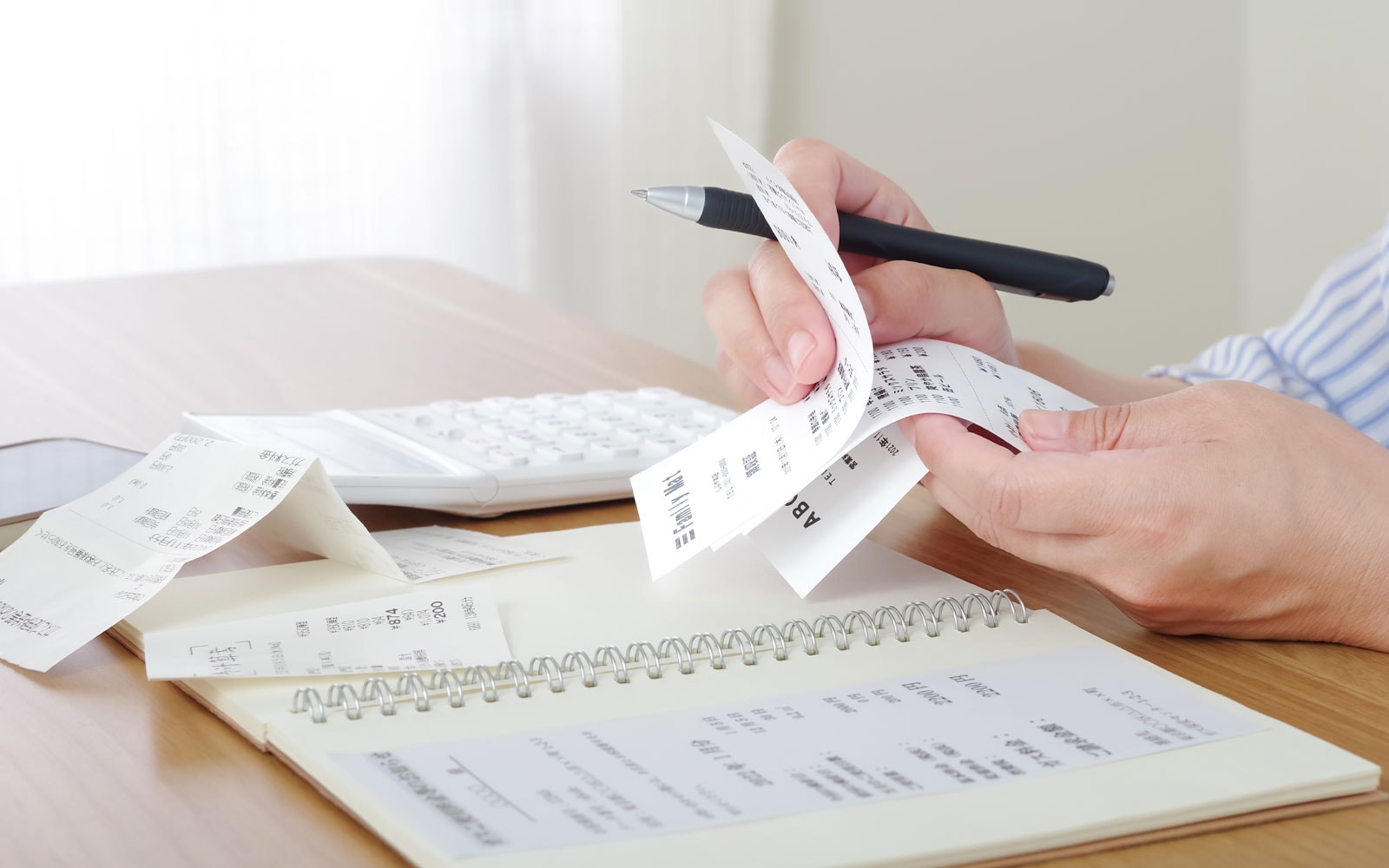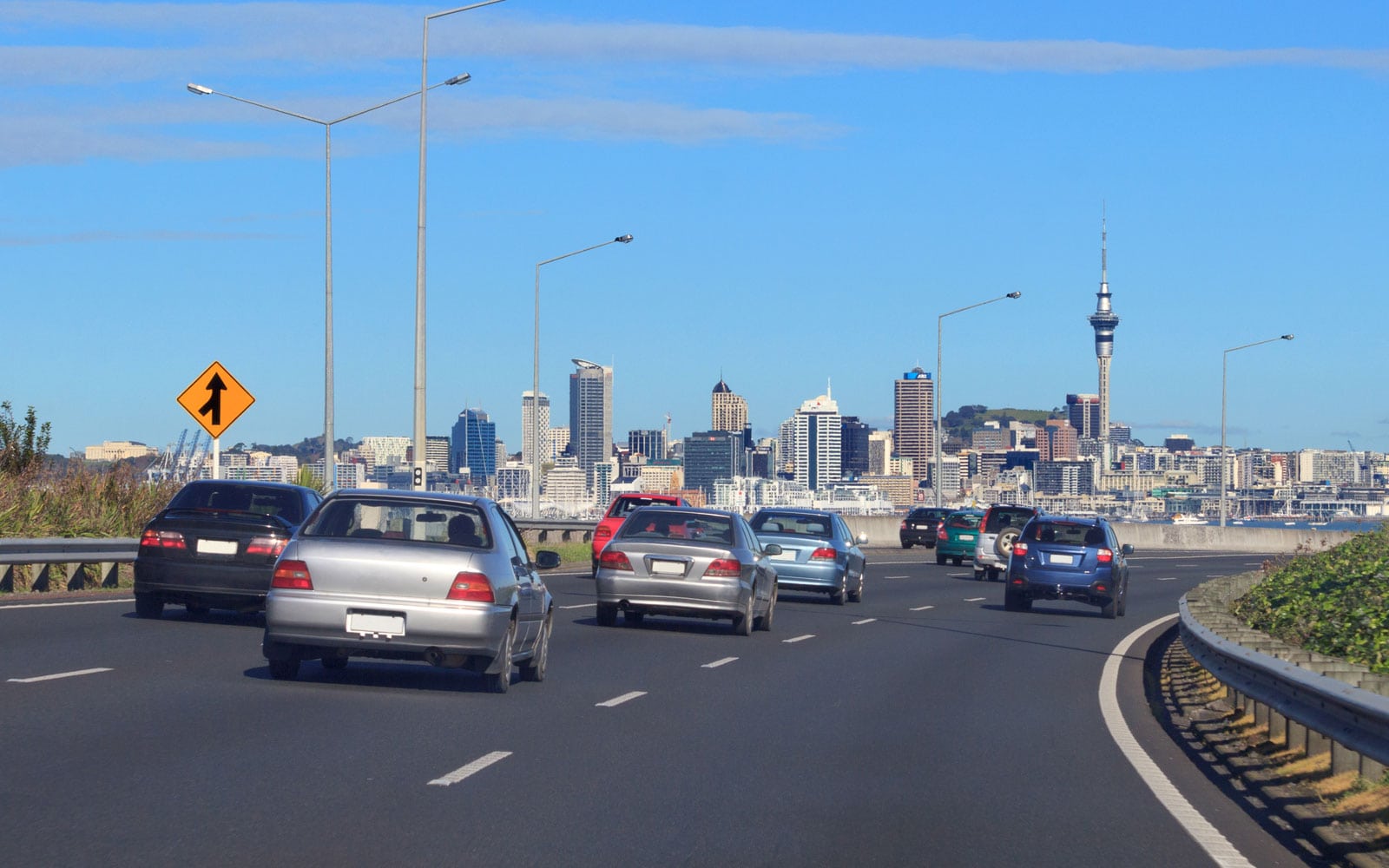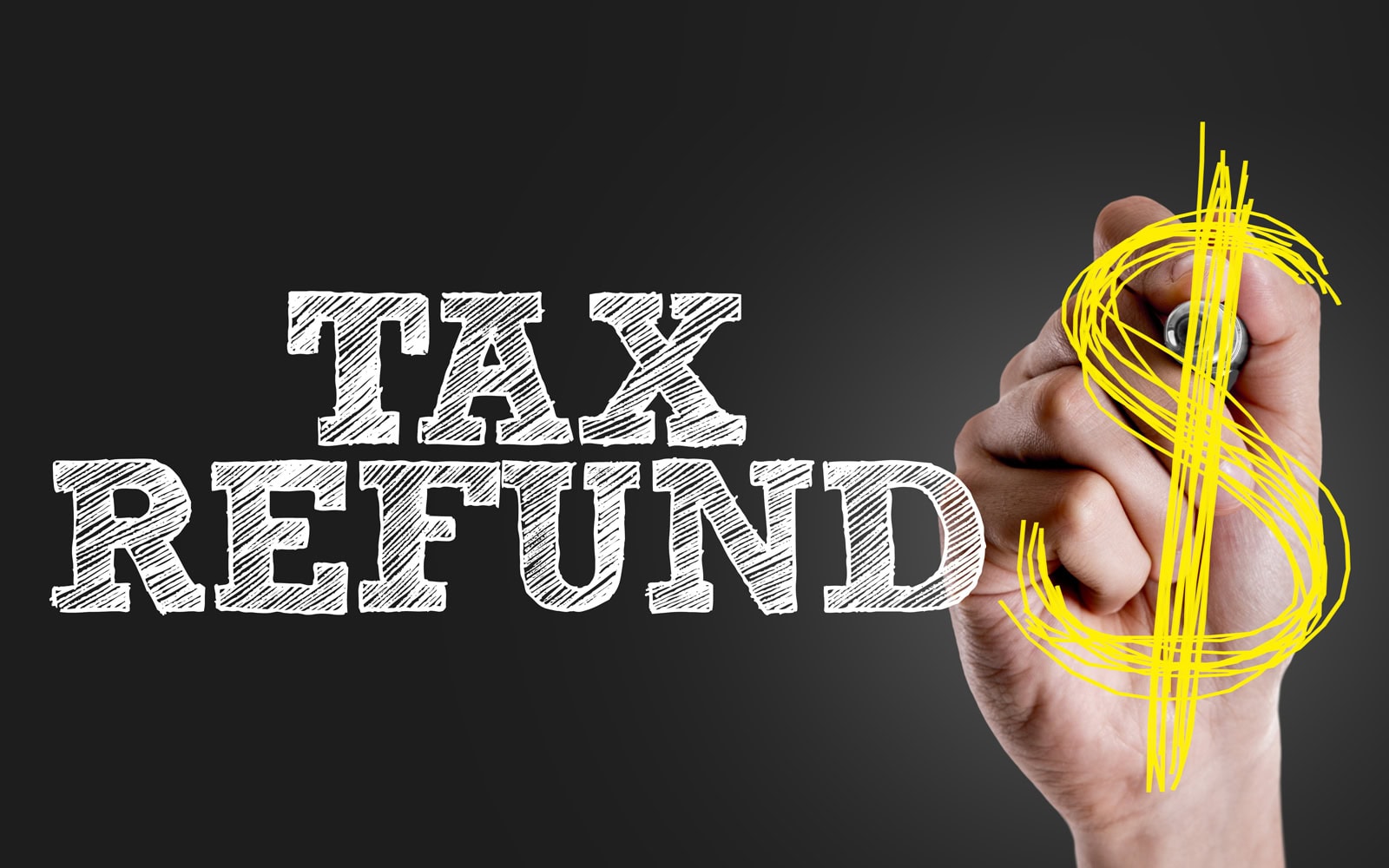Let’s Get Started
Building a budget is an involved process and it’s easy to forget a few dollars here and there even if you’ve done it dozens of times before. But there are some categories that seem to pass even the most capable of Kiwis by, and there’s nothing worse than discovering there’s a gap in your otherwise perfect spending plan.
Here are a few that are important to remember but easy to forget:
1) Play Money
Let’s face it: budgets aren’t fun. We don’t make them because we want to, we make them because we have to. If you want to be financially stable, a budget is a must, but that doesn’t make “sorry, we can’t afford that right now” any more fun to say.
But there are ways to make budgets more bearable, a key one being the often-forgotten ‘discretionary spending’. This is the money that you can spend on anything you want. It’s not set aside for one thing in particular, meaning you can use it for those guilty pleasures like a bar of chocolate after the weekly shop, or a movie ticket for a surprise outing.
It’s like an emergency fund, but this is the cash you set aside ‘just because’ rather than ‘just in case’.
Unfortunately, people often don’t include discretionary spending and they end up being far too inflexible with their budget. They often give up on the budget altogether after a while because they try to give up too much. Unless you are in truly difficult circumstances, always put aside a little bit for your discretionary.
2) Medical
In New Zealand, we’re lucky to have free public healthcare. This doesn’t cover doctor’s visits or dental care though so you should still set aside some cash for the unexpected.
It’s a good idea to have a specific fund set aside for medical emergencies, which you add to each paycheck. This will ensure you don’t break the budget as well as a tooth or a bone!
3) Funerals
It’s hard when family or friends pass away. Don’t add money worries to the burden as well.
Much like medical problems, funerals are usually quite sudden and they must be handled almost immediately – they can’t be put off and ‘saved up’ for.
This doesn’t mean putting aside a specific amount each paycheck into a ‘funeral fund’. Instead, it’s important to ensure that any possible travel, accommodation and day-to-day expenses for attending a funeral are covered in your regular emergency fund. If you’re likely to be responsible for paying for the funeral yourself, you should aim to put aside $8,000 to $10,000, according to the Citizens Advice Bureau. You should also keep the $2,000 funeral grant available to low-income families in mind.
4) Retirement
KiwiSaver is a popular way to save for retirement, but is it going to be enough? The Westpac – Massey Financial Education Centre estimates you’ll need hundreds of thousands of dollars to retire comfortably – and that’s assuming superannuation will still be at the same levels today by the time you retire.
That’s why many financial experts encourage Kiwis to take control of their own retirement by budgeting some of your savings towards it in addition to regular KiwiSaver contributions. And the sooner you start, the faster your nest-egg will grow.
For long-term savings, you may also want to look into investments like term deposits, shares or property rather than just a regular savings account. Your KiwiSaver provider will likely be doing some of this on your behalf, but if you want more control, investigate your options. Sorted.org.nz has an excellent breakdown of what you need to know.
5) Household Maintenance
If you’re a homeowner, you’ve already sunk a significant chunk of change into your home. Don’t let it go to waste because of poor home maintenance!
A recent BRANZ survey reveals that about 1/3rd of owner-occupied homes will need serious attention in the next two years. Start saving now if you don’t want to be shocked when the roof needs to be replaced or your home needs to be restumped.
If you’re renting, good news! The most serious of the house maintenance issues are the responsibility of your landlord. However, you should still set some money aside for those parts of the home that you are responsible for. The specifics may fluctuate depending on your agreement with your landlord, but they are unlikely to be as expensive as a homeowner’s.
6) School Supplies
When you’ve got a stable monthly budget, it’s easy to forget the one-off expenses like school supplies. Uniforms, books and stationery costs can make a significant dent in your funds which could leave you dry for the other essentials.
This is why many people choose to have a yearly budget as well as a monthly or weekly one. This lets them consider these occasional costs into their overall financial plan so they don’t get shocked when it’s time for the kids to get back to school.








